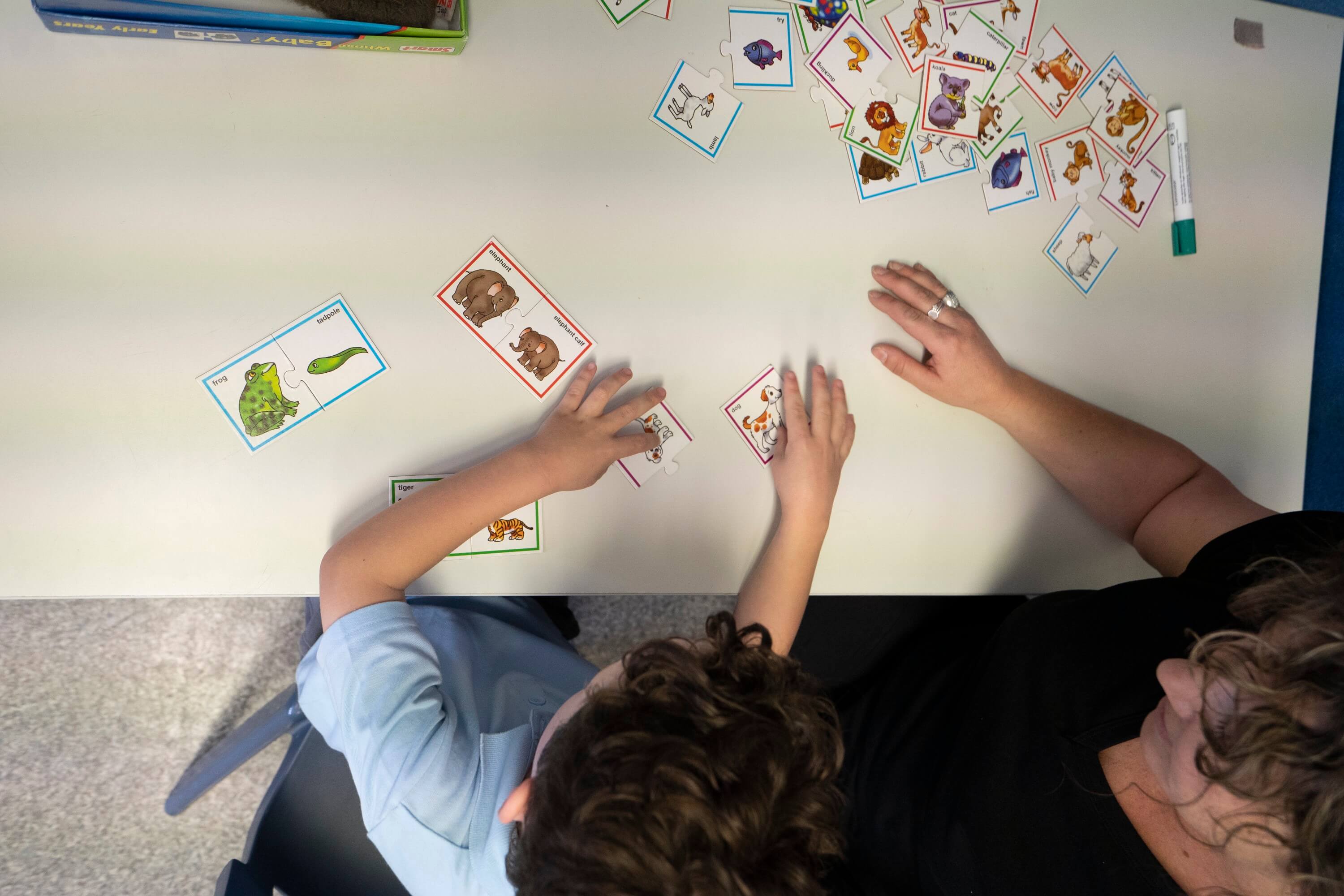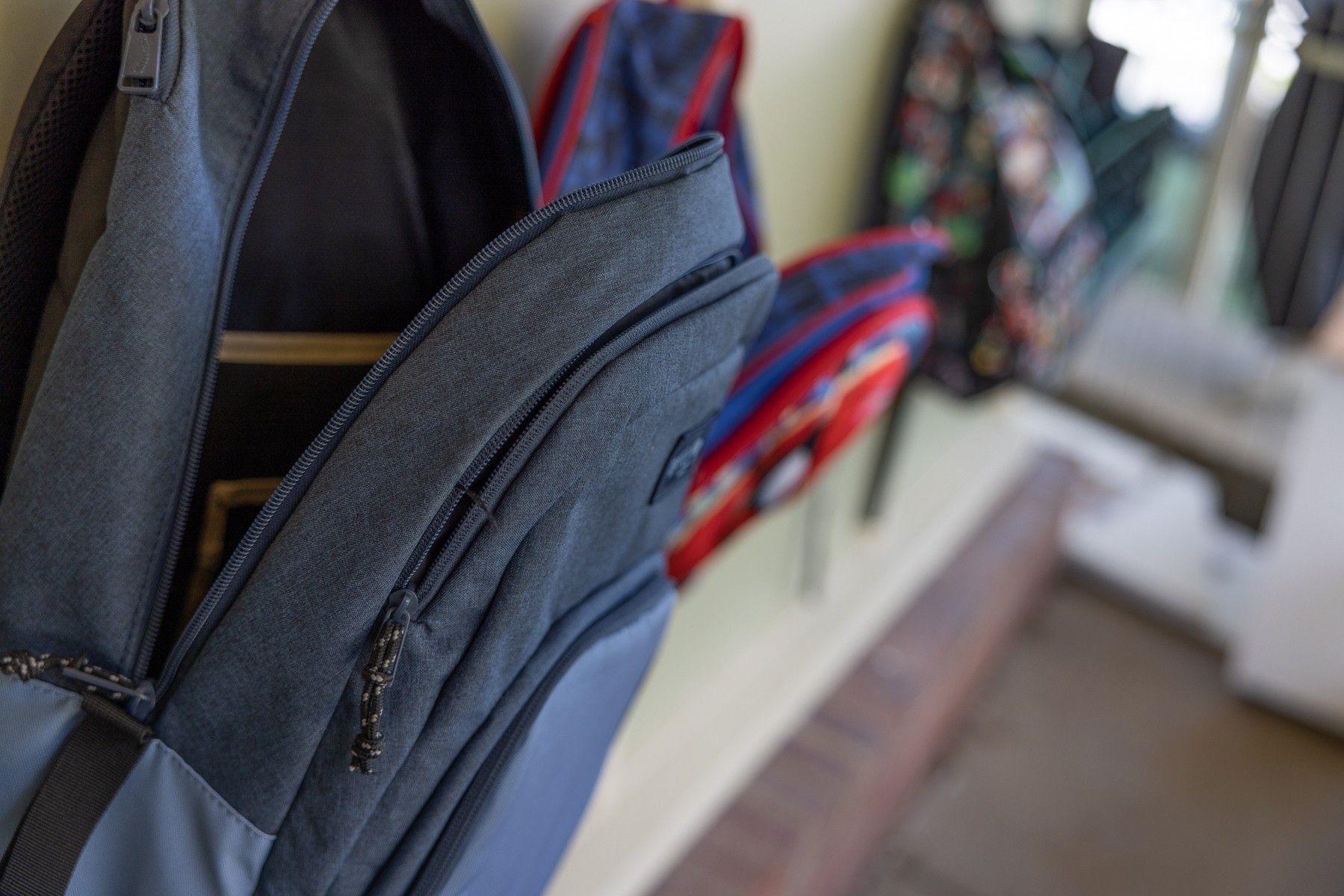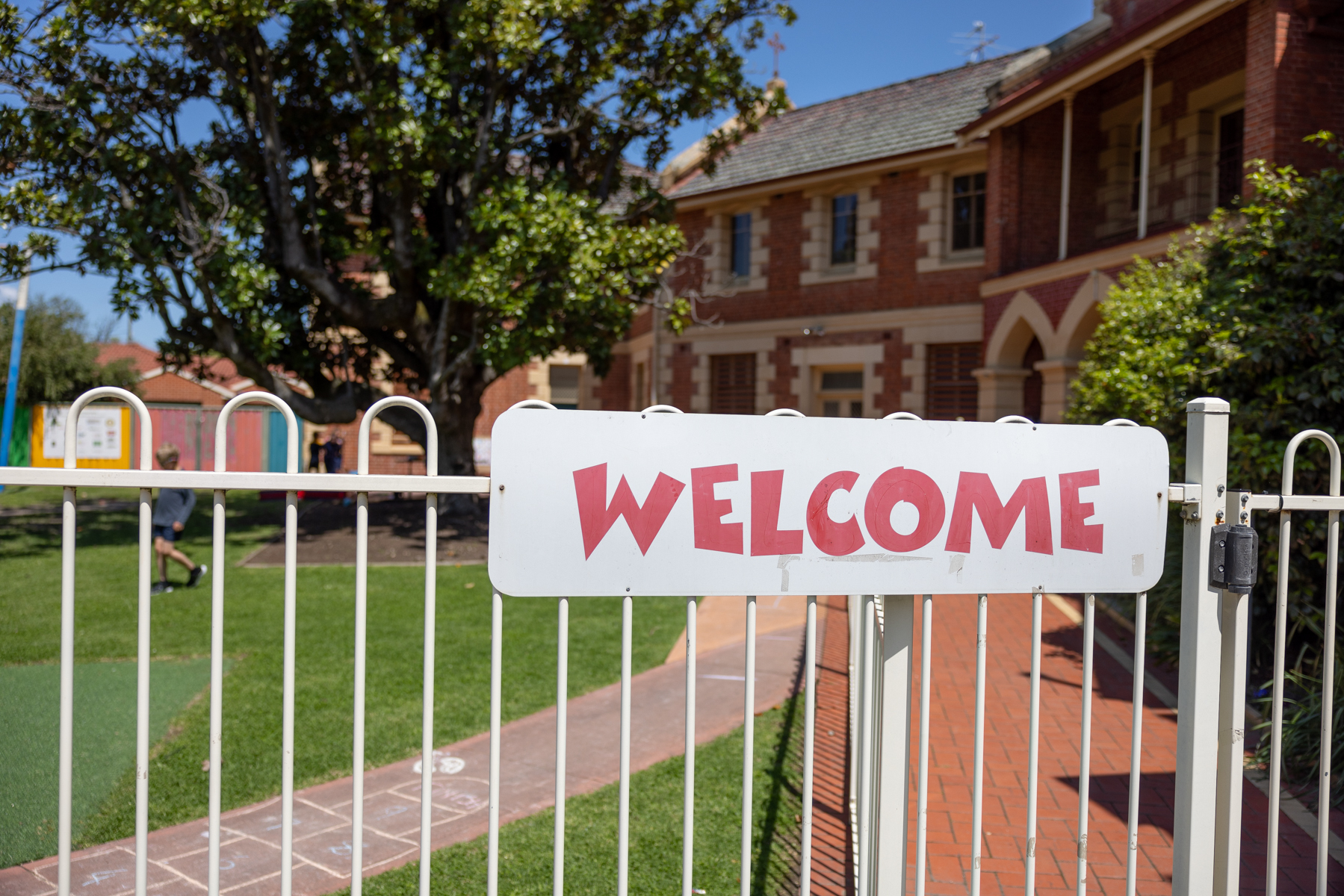The summer school holidays are coming to an end, and it's time for children to head back to school. For many children, this transition can be challenging, but for Autistic children, it can be especially difficult. The routine of school can be overwhelming for them, and the sudden shift from summer vacation to a structured school day can be unsettling. This can cause difficulties for the child, as well as for the parents and caregivers who are trying to support them. It's important to address these challenges and to provide support to help the child have a successful and enjoyable school year.
In this article, we explore strategies for preparing for the school year, helping children cope with the first days of school, and providing ongoing support. We discuss ways to make the transition back to school as smooth as possible for Autistic children and their families. By addressing the unique challenges that Autistic children face during this transition, we can help ensure a successful school year.
Preparation before school starts:
Preparing for the school year before it begins is crucial for helping Autistic children succeed. One important aspect of preparation is establishing a routine. Autistic children often thrive on routine and predictability, so starting a routine a few weeks before school begins can be beneficial. This can include setting a consistent bedtime and wake-up time, practicing the morning routine, and making sure that the child knows what to expect during the day.
Another key aspect of preparation is visiting the school before the first day. This can be especially helpful for children who have difficulty with transitions and changes. By visiting the school, the child can become familiar with the building, meet their teacher and see their classroom. For those who are struggling with the idea of returning to school, this can help make the first day less intimidating.
It is also important for parents to communicate with teachers and school staff about their child's needs and accommodations. Prior to the first day of school, parents should schedule a meeting with the child's teacher to discuss the child's strengths, needs, and any accommodations that may be necessary to help the child be successful in the classroom. This includes providing any relevant documentation such as an Individual Education Plan (IEP). Parents should also ensure that they are aware of who to contact in case of any concerns and establish an open line of communication throughout the year.

Strategies for the first days of school:
The first days of school can be overwhelming for Autistic children, as they have to adjust to a new routine, new people, and a new environment. To make this transition less overwhelming, parents can use a variety of strategies.
One strategy is to gradually increase the amount of time the child spends at school. This can be done by starting with shorter days and then gradually increasing the time until the child is attending full days. This can help the child become accustomed to the school routine in a controlled and manageable way.
Additionally, preparing the child for what to expect during the day can help reduce anxiety and stress related to returning to school. Creating a schedule or visual schedule for the child can help them understand what to expect and can help them feel more in control.
For children who struggle with anxiety and stress, it's important to have open lines of communication and to have a plan in place to address any issues that may arise. This could be an action plan that can be implemented when the child shows signs of anxiety or stress. This could include specific activities or strategies to help the child relax, such as deep breathing exercises, listening to music, or taking a break. It's also important to be aware of the signs of anxiety and stress in the child, such as changes in behaviour, and to have a plan in place to address these concerns.
Finally, it's important for parents to be patient and understanding during this transition period. The first days of school can be difficult for both the child and the parents, but with preparation and support, the child can adjust to the new routine and have a successful school year.

Ongoing support:
The transition back to school can be a difficult process for Autistic children, but with the right support, they can have a successful and enjoyable school year. One important aspect of ongoing support is clear communication with teachers and school staff. Parents should make sure that they are keeping in touch with the child's teacher and other school staff to ensure that they are aware of the child's progress and any issues that may arise. Regular meetings, emails or phone communication can help in this regard.
Another important aspect of ongoing support is positive reinforcement. Autistic children often respond well to positive reinforcement, such as praise, rewards, or other forms of recognition for good behaviour. Parents can use this as a way to motivate and encourage their child during the school year. Additionally, providing a consistent and structured home environment can help the child feel more secure and can make it easier for them to transition between home and school.
At the same time, it's important for parents to know how to manage challenging behaviours that may arise during the school year. Autistic children may exhibit challenging behaviours such as meltdowns. It's important for parents to understand the reasons behind these behaviours, and to have a plan in place to address them. This could include strategies such as redirecting the child's attention, teaching the child new coping mechanisms, or providing a break or quiet space for the child to relax.
It's important to always remember that each child is unique and that their needs may change during the school year, so parents should be flexible and adapt their approach as needed.

Preparing and supporting an Autistic child's return to school is not a one-time event, it's a continuous process that require ongoing support and flexibility to adjust. It's important to remember that parents and caregivers are not alone in this journey, and that there is a wide range of resources and professional help available to them. These can include counseling, therapy, special education programs, and support groups for families of Autistic children. Parents should not hesitate to reach out for help if they need it, as it can make a significant difference in the child's success and well-being.



